H&M
Summary
H&M is referenced in Norwegian media segments as a brand offering affordable fashion, with mentions of its presence in personal wardrobes and sales. However, critical discussions highlight ethical concerns, including labor practices in supply chains, and product quality issues like sizing discrepancies. While some segments praise its accessibility and style, others question its sustainability and ethical standards. The brand's competitive position in the market is noted, but controversies around worker conditions and product reliability overshadow its popularity.
Source Analysis
Critical discussions about H&M's ethical practices and product quality appear in podcasts and TikTok videos, where users share personal experiences and broader critiques. Affirmative mentions are more common in fashion-focused content, emphasizing affordability and style. The brand's presence in both casual and business contexts reflects its widespread but polarizing reputation.
Trending Topics
Ethical labor practices, product quality (sizing issues), and competition with other fashion brands dominate discussions around H&M. Sustainability and fast fashion's environmental impact are also recurring themes.
Why These Topics Are Trending
Segments mention H&M in contexts of labor ethics, sizing discrepancies, and competition. Ethical concerns arise from critiques of supply chain practices, while product quality issues are highlighted through personal anecdotes. The brand's market position is contrasted with alternatives like Holzweiler, reflecting consumer preferences and debates over value versus ethics.
Sentiment Breakdown:
Detailed breakdown of public sentiment and conversations about this company.
Competitor Benchmark
See how this entity compares to competitors across key metrics.
High Negative Sentiment
Low Negative Sentiment
High Negative Sentiment
Low Negative Sentiment

